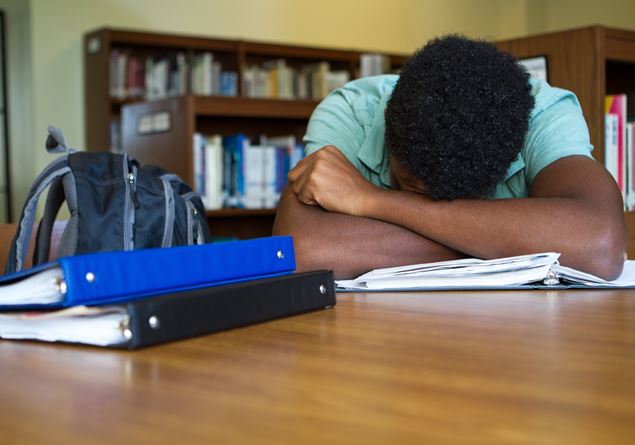by Chicco Bianchessi
Back from the long Easter bridge and April 25, the Minister of Education and Merit Giuseppe Valditara sent a new circular to Italian schools. A document that on the one hand asks for greater severity on the conduct, on the other it introduces a softer line on tasks and checks. A double maneuver that seems destined to change, at least in part, the newspaper of students and professors.
The narrow on the conduct is clear: if the vote in behavior drops below 9, not even the brightest students will be able to aspire to the maximum of school credits, with the real risk of compromising the much desired 100 to maturity. A measure that, especially among the older boys, has been lived almost like a slap.
But next to the penalty on the discipline, a caress arrives. The minister recommends teachers to use “soft hand” in the assignment of homework, especially on the occasion of the holidays. And he also asks for greater coordination in the programming of checks to prevent students from being overwhelmed by excessive loads concentrated in a few days. “It is important – writes Valditara – that the planning of the checks, as well as the assignment of tasks, are accurately planned by each teacher, taking into account what is defined by the other teachers of the class council”.
In particular, it is invited to avoid practice – already rare, to tell the truth – to assign tasks by loading them on the electronic register in the evening for the next day, a lack of common sense that should not find space in the school organization. It must be said that in many schools the system of scheduled checks, both written and oral, is now consolidated practice.
Valditara also returns to one of her workhorse: the return to the use of the paper diary. It is not just a nostalgic habit, but an invitation to cultivate manual skills and autonomy. The minister recommends that the notation of the tasks takes place not only on the electronic register but also on the personal diary of the students, especially in the first cycle of education but not only. According to Valditara, this practice “may allow growing autonomy by pupils in the management of their school commitments, making the delivery of the activities to be carried out at home an integral part of the lesson itself”.
A reference to the school tradition which, despite the modernity of digital tools, has never completely abandoned the classrooms. And that today the minister strongly relaunches, in the belief that some good habits of the past can still teach a lot to the new generations.


